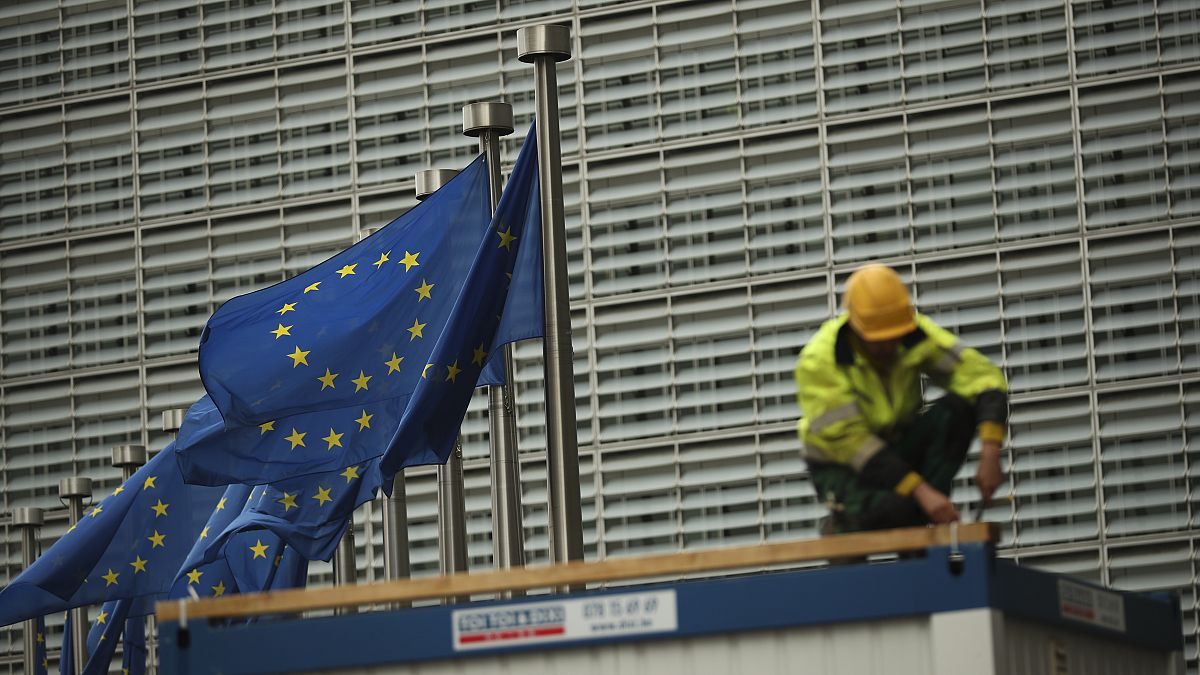The European Union is facing challenges in its public procurement market, which represents a significant portion of the EU’s GDP. Former Italian Prime Minister Enrico Letta has highlighted the need for a revision of the existing framework to unlock the full potential of this €2 trillion market. Since the reform in 2014, procedures have not been simplified, access for SMEs has not improved, and environmental, innovative, and social aspects have been overlooked. According to a recent report by the European Court of Auditors, the public procurement market has become less competitive over the last decade.
Industry group BusinessEurope believes that a detailed study is required to understand the reasons behind the low level of competition in the public procurement market. They argue that ineffective enforcement and application of rules are contributing to the problems highlighted in the ECA report. Workers’ representatives, on the other hand, are calling for a revision of the existing rules, as they believe that the current framework is too reliant on the “good will of public authorities.”
The number of bidders per procedure has declined, and the average duration of procurement procedures has increased, indicating inefficiencies in the current framework. Most contracts are awarded to the lowest bidder, focusing on cost-effectiveness rather than achieving the best value for money. This approach can lead to sacrifices in quality, sustainability, innovation, and social value. Centre-right German MEP Dennis Radtke emphasizes the importance of considering factors such as quality of service, working conditions, and environmental impact in procurement decisions.
Former Prime Minister Letta’s report warns that over-relying on the cheapest bid undermines the true potential of public spending and hampers the development of local supply chains that can compete with goods and services from countries with lower wages and social standards. The report suggests streamlining and clarifying the focus of public procurement objectives, improving data handling, and aligning the instrument with the EU’s green and digital transition goals. The possibility of transforming the EU public procurement framework into a regulation to reduce national fragmentation is also raised.
EU lawmakers like Radtke and Villumsen advocate for mandatory social clauses in all public tenders to promote the creation of quality jobs and prevent exploitation in supply chains. They believe that public procurement should be used to support EU policies and ensure compliance with health and safety regulations. The discussion on improving public procurement is set to progress as EU industry ministers gather to debate the future of the single market, with a focus on social responsibility and sustainable practices.









